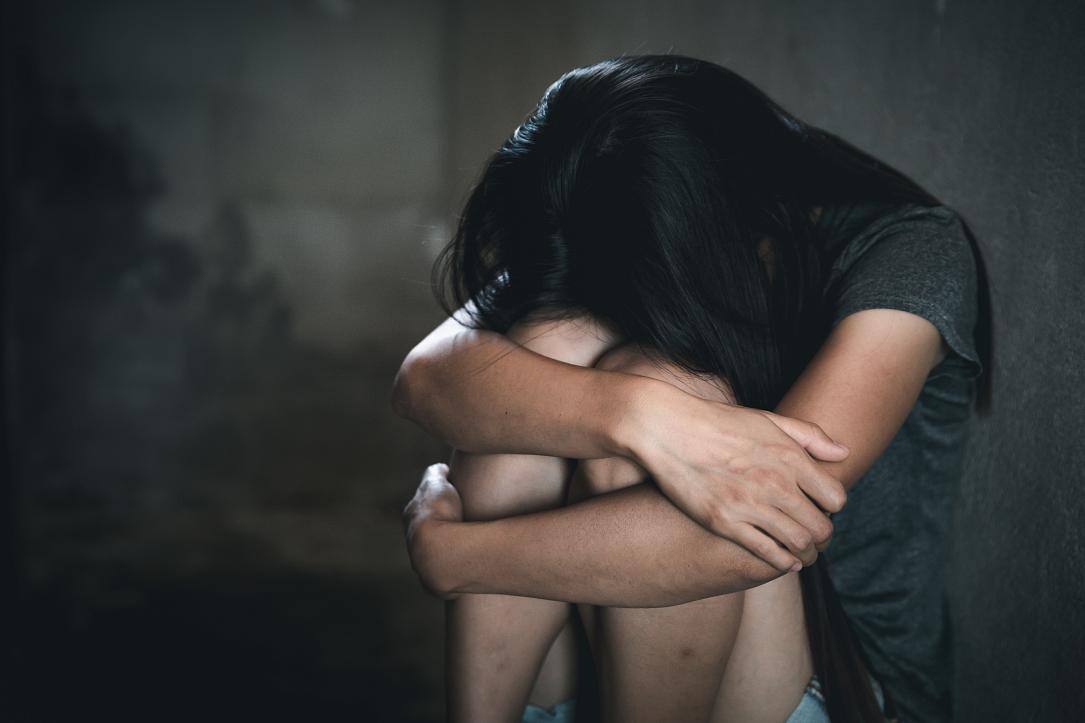Romanian parliament set to approve anti-rape bill pushing age of consent to 16



Romania is set to make 16 the age of consent after an anti-rape law received a favorable report from the legal committee in the Chamber of Deputies and is on track to become law.
The bill formally pushes the age of consent to 16 years old, so anything below 16 is classified as rape, according to Liberal (PNL) deputy Mara Calista. She added that the vote will hopefully take place in the plenary next week, as the Chamber of Deputies is the deciding body.
"We had it today in the legal committee, and the report has been sent to the plenary again. I hope we have found all the openness and willingness to pass it. The project passed with two abstentions; the rest of the votes were in favor. I hope that next week we will have this bill on the agenda. We are the deciding chamber," said Calista, cited by Digi24.
The project has been delayed for a year in the Chamber of Deputies due to various arguments and disagreements regarding the age of consent, whether it should be 14 or 16 years old.
"Today, we succeeded in pushing the age of consent to 16 years old, so anything below 16 is classified as rape. There were arguments based on culture, and how that's how some marry their daughters and sons, [but it was] an argument that no longer mattered today because the vote was overwhelming," explained the PNL deputy.
Mara Calista mentioned that there has been significant involvement from civil society in the drafting of the bill, and said that most of the amendments proposed by NGOs have been adopted.
Four PNL senators, including Iulia Scântei and Alina Gorghiu, and one PSD senator have submitted the bill to the Senate aiming to raise the age of sexual consent to 15. They also sought to separately criminalize rape committed against a minor, as well as sexual assault committed against a minor, and the offense of encouraging or facilitating sexual acts between minors, with aggravating circumstances and proportional punishments.
Additionally, through this legislative initiative, the authors have included a new criterion for the vulnerability of minor victims, namely the precariousness of their economic or social situation. The new criterion takes into account numerous cases of sexual abuse and exploitation of disadvantaged children from very poor families engaged in begging or prostitution under the threat of aggressors. These minors lack a fixed residence or domicile or are in various centers or shelters.
The proposed law was registered in the Senate, the first notified chamber, while the Chamber of Deputies is the deciding body.
(Photo source: Tinnakorn Jorruang | Dreamstime.com)